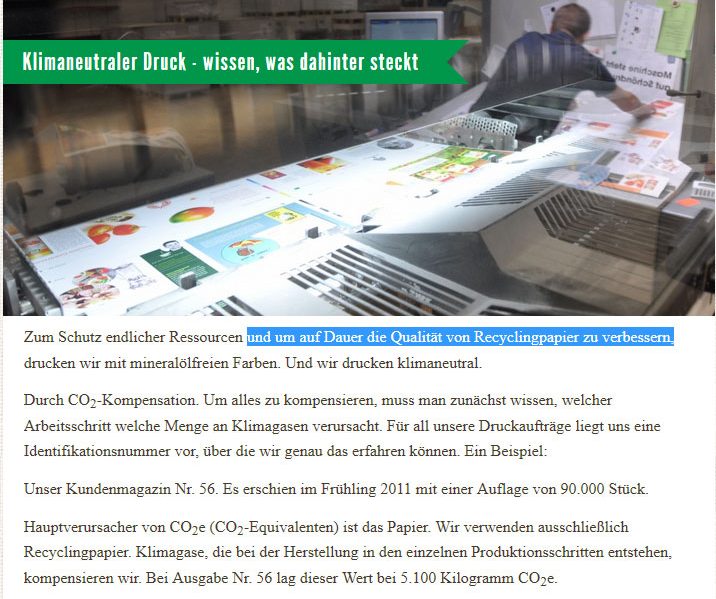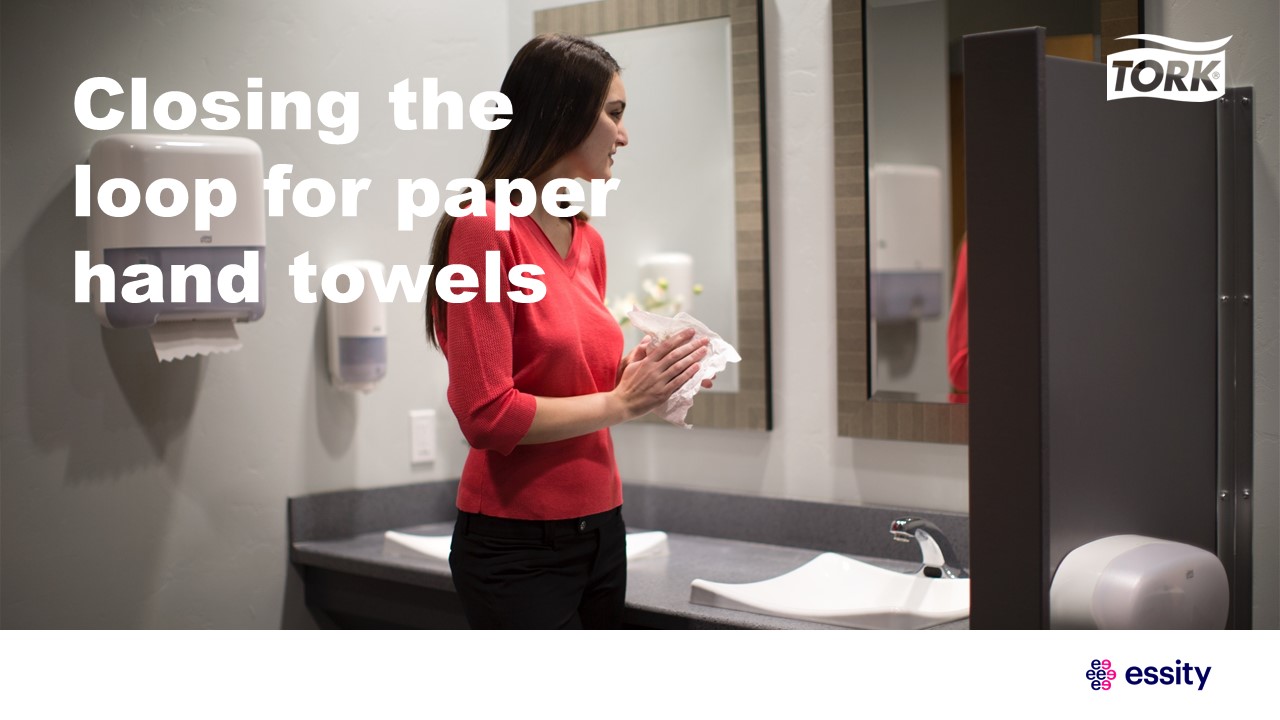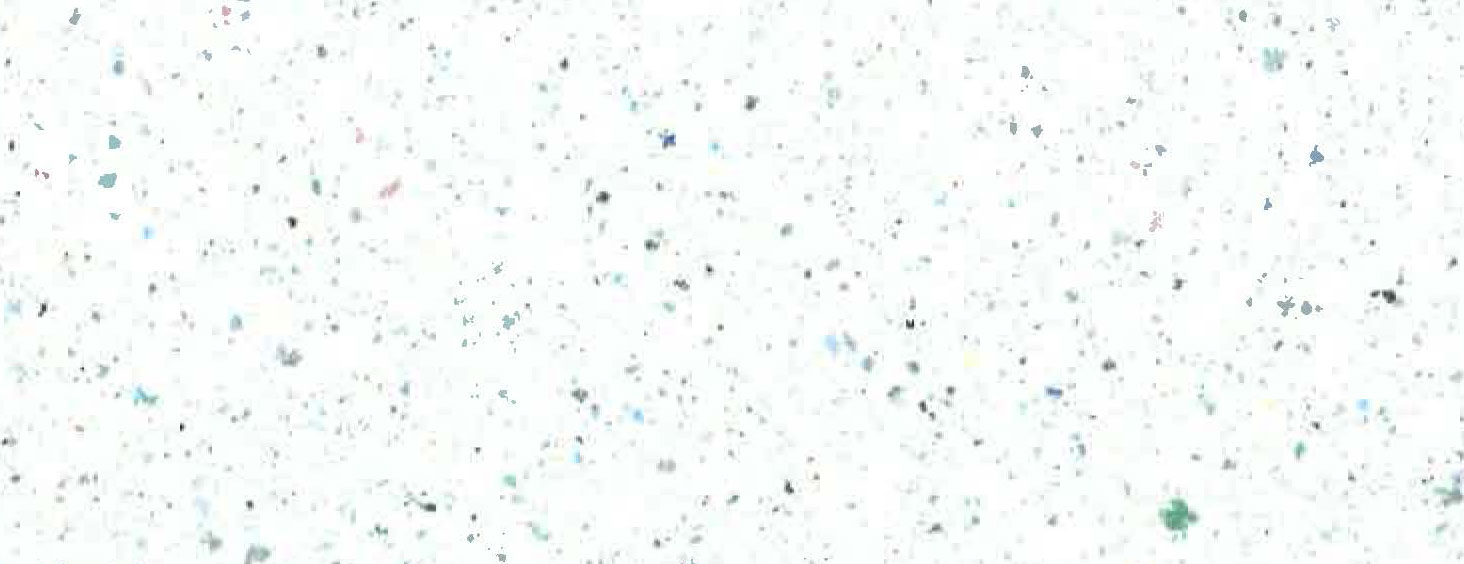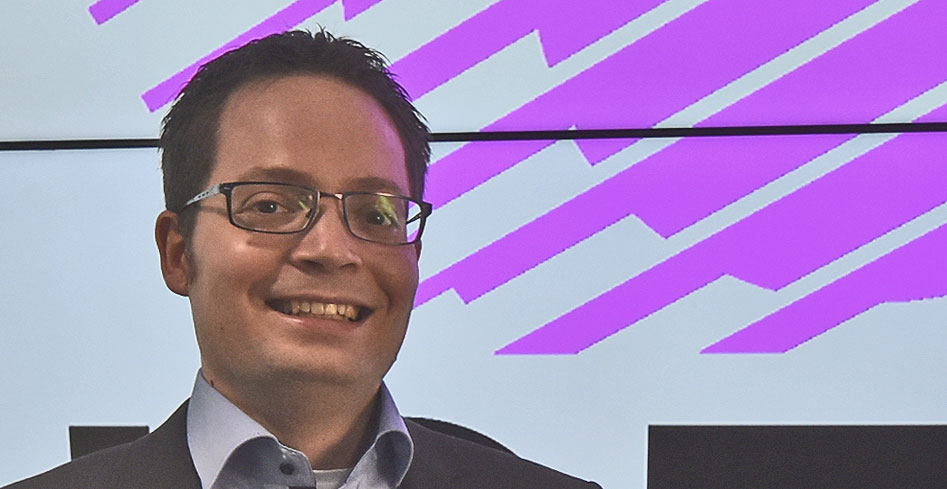INGEDE News March 2018
- Calendar of events
- Topics at the INGEDE Symposium
- Looking for deinkable UV ink
- INGEDE Partner Programme
- Schwarze and Voss new in the INGEDE Board
- This edition of INGEDE News for download (pdf)
New Partners to Face old Challenges:
Paper Quality, Inkjet Printing, UV inks, and Paper Towels at the INGEDE Symposium
Recyclability, the availability of paper for recycling, and the improvement of the deinking process continue to be the three main areas of INGEDE’s work. In his opening address at the INGEDE Symposium in Munich, Thomas Krauthauf identified the higher diversity of printing technologies and new converting technologies as increasing challenges for the deinking industry. Especially the increase of UV printing is met by a more intense discussion with the stakeholders such as ink manufacturers on various occasions.
Also the development of “mineral oil optimised inks” has to be monitored carefully as some vegetable oils, especially soybean oil, tend to polymerise and create problems in the deinking process. INGEDE faces the challenges also by improving and standardisation of test methods such as INGEDE Method 11, a standard for deinkability testing, and increasing involvement in ISO standardisation.
Decreasing brightness due to water soluble inks and sticky contaminants coming from adhesive applications still challenge the deinkers. A serious problem is also the deliberate contamination of paper bales with dirt by some paper merchants. Recently, over a longer period of time, plastic particles coming from shredded waste had led to optical defects in paper and prints in some mills. After identification of the supplier, he now faces criminal charges.
Working closer together is the best way to overcome many of these challenges. As an incentive for more cooperation, Krauthauf presented INGEDE’s new partnership program (see separate article). Partners from the paper chain who commit themselves to support deinking and the deinkability of printed products, can participate in technical discussions within INGEDE, and in return are asked to provide a financial contribution for project funding.
Ecolabels and problems with UV inks
How can printers, print customers, and publishers be educated to design their products more recycling friendly? An effective means is an ecolabel, some “soft legislation” to shepherd the willing into the right direction. Andrea Rimkus of RAL, the German competent body for ecolabelling, introduced the history and the new focus of the Blue Angels relevant for the paper and printing industry. In the future, RAL-UZ 195 will be the only Blue Angel for printed matter, with RAL-UZ 14 from 2019 being only applicable for recycled paper (14a) and products for office and school demand (14b). Recyclability and deinkability will continue to be a crucial condition for achieving the Blue Angel for printed products.
Lack of deinkability is yet the characteristic feature of almost all UV-curable printing inks. Roland Schröder of hubergroup, combining 40 ink manufacturers internationally, called the current status “from hubergroup’s view not satisfactory”. Despite a continuous growth of UV applications in all sectors of the printing industry, there is “too little pressure from outside” to support deinking and recycling – it is “not in the focus of brand owners and end customers”, Schröder said. He compared the search for an improvement with a 100-meter run, currently still within the first meters. Axel Fischer of INGEDE complemented Schröder’s presentation with examples of problems created by prints with UV-cured inks – and of printers that advertise with false environmental claims, especially for “LE-UV” prints to be mineral oil free and therefore “green”.
A long-time challenge for the deinkers is the reduction in brightness of paper for recycling, part of it caused by water soluble inkjet inks. But there are promising developments in this sector, some following a long cooperation between printer manufacturers and INGEDE. David Croll of Océ Printing Systems, now a Canon Company, presented ways of a practical implementation of common ink and deinking studies. This knowledge has been integrated into the recipe design for some next generation pigment inks. Also, reports from some inkjet manufacturers claimed better deinkability due to some pretreatment. “What if we combine both strategies in one printing system?” Croll asked. The result is the latest generation of Océ’s production printing inkjet machines. But, the work is not finally done, Croll says: “An installed base of inkjet systems with lower deinkability performance will still be in the market for years to come.”
More ash, lower strength – can sorting and collection of paper be improved?
The quality of paper is not only important for deinking grades, also the manufacturers of corrugated papers and board face the challenge to meet the rising demand at an acceptable quality, mainly for the increasing need for all kinds of packaging. The presentation of Andreas Faul (INGEDE’s Managing Director) dealt with a possible source for high quality paper for recycling – the fraction today known as mixed paper. How can, already by a more selective collection and sorting at the consumer, the yield be increased for the different grades, suitable for the different products? Here it is of some help to know the material flow: Where do the different fractions of paper for recycling end up that are so valuable for the different grades to be produced?
Faul identified several trends to be considered when looking into the future of paper recycling, also for the production of board: There is a shift towards less graphic and more packaging papers from households. As the fraction of newspaper goes down, especially within the graphic paper, the ash levels increase. There is also an increasing amount of white top liners based on paper for recycling. All this leads to decreasing strength properties in mixed and packaging grades, with OCC (“Old Corrugated Containers”) being “not as strong as it used to be”, Faul stated.
As a consequence, Faul sees sorting of paper for recycling to become less attractive, as there is a lower content of the fraction with the highest added value. In order to keep the desired qualities available, sorting efficiency might be improved, or already the collection: by partly substituting the separate paper and board collection by a selective collection of higher grades.
Moving from a linear to a circular economy is the key to create a sustainable future. Recycling paper is common, but until now, paper hand towels have been an exception. That’s why Essity and its brand Tork, have developed a unique service collecting used hand towels and recycling them locally into new tissue products. Sara Lundström presented how Essity intends to close the loop for what the tissue manufacturer puts on the market. Lundström wants to “lead the way toward more circularity in professional hygiene, while helping our customers deliver on key environmental targets such as waste reduction and carbon footprint reduction”.
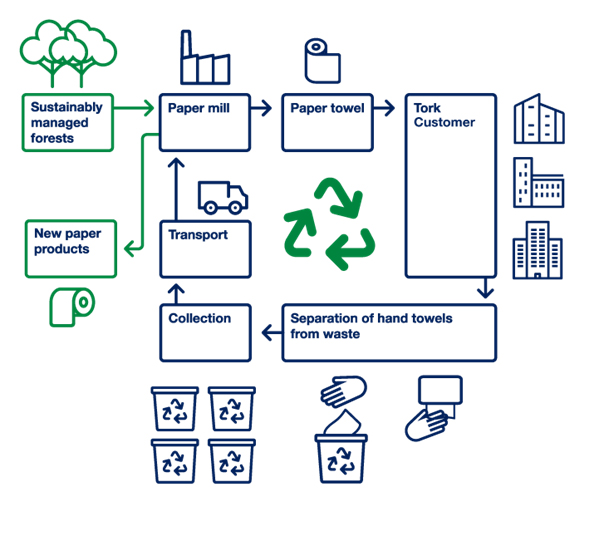 A major challenge has been to create a service that is hassle free and easy to participate in, as well as cost efficient, while still meeting the mill requirement of max 2% contaminations among the collected hand towels. This has been achieved by developing the service in close cooperation with customers, cleaning companies, recycling partners and Essity’s mills. A particular challenge is to educate washroom users to keep used hand towels separate from any other waste by additional bins and instructive signage. The concept has been honoured with the European Paper Recycling Award in 2017.
A major challenge has been to create a service that is hassle free and easy to participate in, as well as cost efficient, while still meeting the mill requirement of max 2% contaminations among the collected hand towels. This has been achieved by developing the service in close cooperation with customers, cleaning companies, recycling partners and Essity’s mills. A particular challenge is to educate washroom users to keep used hand towels separate from any other waste by additional bins and instructive signage. The concept has been honoured with the European Paper Recycling Award in 2017.
All presentations of the INGEDE Symposium are available for download here!
Axel Fischer
hubergroup and INGEDE Plan to Look for Deinkable UV Ink
As Most Cross-linked Inks Create Problems in the Recycling Process, new Ideas are in Demand
Other than traditional offset and gravure inks, most cross-linked inks are difficult to remove from the paper fibres in the deinking process: Liquid toner as in HP’s Indigo ink, polymerised natural fatty acids in mineral-oil free inks or some dispersion varnishes form large particles, which for different reasons can lead to visible residues in the recycled paper. Such as current UV-curable inks.
With especially low-energy curing UV inks (LE-UV, LED-UV) gaining more and more market share, the problems caused by a former niche product reach new dimensions. INGEDE and hubergroup have jointly identified the necessity for further development and enhancement of UV inks and the UV printing process.
At the INGEDE Symposium end of February in Munich, INGEDE and hubergroup announced that they will together design a research project to identify influencing factors and possibilities for a sustained improvement of UV printing in terms of deinkability in the processing of paper for recycling or even to achieve full recyclability. The challenge is to achieve all this without compromising the printability..
Print sample with LE-UV inks after deinking
Dirk Schwarze (Stora Enso)
is new in the INGEDE Board
Dennis Voss Leads INGEDE Working Group Recyclablity
INGEDE’s Working Group Recyclability is dedicated to one of the main focuses of the association. Dennis Voss (Perlen Papier, Switzerland) now succeeds Peter Hengesbach (Stora Enso) as leader of the Working Group and in the INGEDE Board. Voss (34) graduated from Darmstadt Technical University with his doctorate, and started working with Utzenstorf Paper (Switzerland). When the Utzenstorf mill shut down, he changed to Perlen Paper responsible for pulp production.
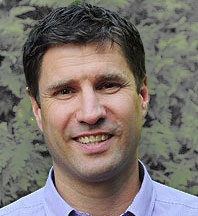 The General Assembly of INGEDE also elected Dirk Schwarze (49) to the INGEDE Board. Schwarze, after graduating as a paper engineer in Munich, started his career at Stora Reisholz in 1994. Five years later he joined Lang Papier in Ettringen, at that time part of Myllykoski. He held diverse positions within the group, at Rhein Papier in Hürth and at MD Plattling. Since 2007 he works for Stora Enso Sachsen in Eilenburg where he was appointed General Manager in April 2016.
The General Assembly of INGEDE also elected Dirk Schwarze (49) to the INGEDE Board. Schwarze, after graduating as a paper engineer in Munich, started his career at Stora Reisholz in 1994. Five years later he joined Lang Papier in Ettringen, at that time part of Myllykoski. He held diverse positions within the group, at Rhein Papier in Hürth and at MD Plattling. Since 2007 he works for Stora Enso Sachsen in Eilenburg where he was appointed General Manager in April 2016.
INGEDE’s General Assembly also confirmed Dr. Volker Gehr (Steinbeis Papier), Manfred Geistbeck (UPM), Anne-Katrin Klar (Essity), Dr. Thomas Krauthauf (UPM), Dr. Johann Oberndorfer (UPM), and Christian Schürmann (Leipa) as members of the Board. The Board confirmed Dr. Thomas Krauthauf as Chairman and Dr. Volker Gehr als Deputy Chairman of the INGEDE Board. The members of INGEDE thank Thomas Reibelt, who after leaving Norske Skog Bruck also left the INGEDE Board, and Peter Hengesbach for his many years of leading the Working Group Recyclability.

